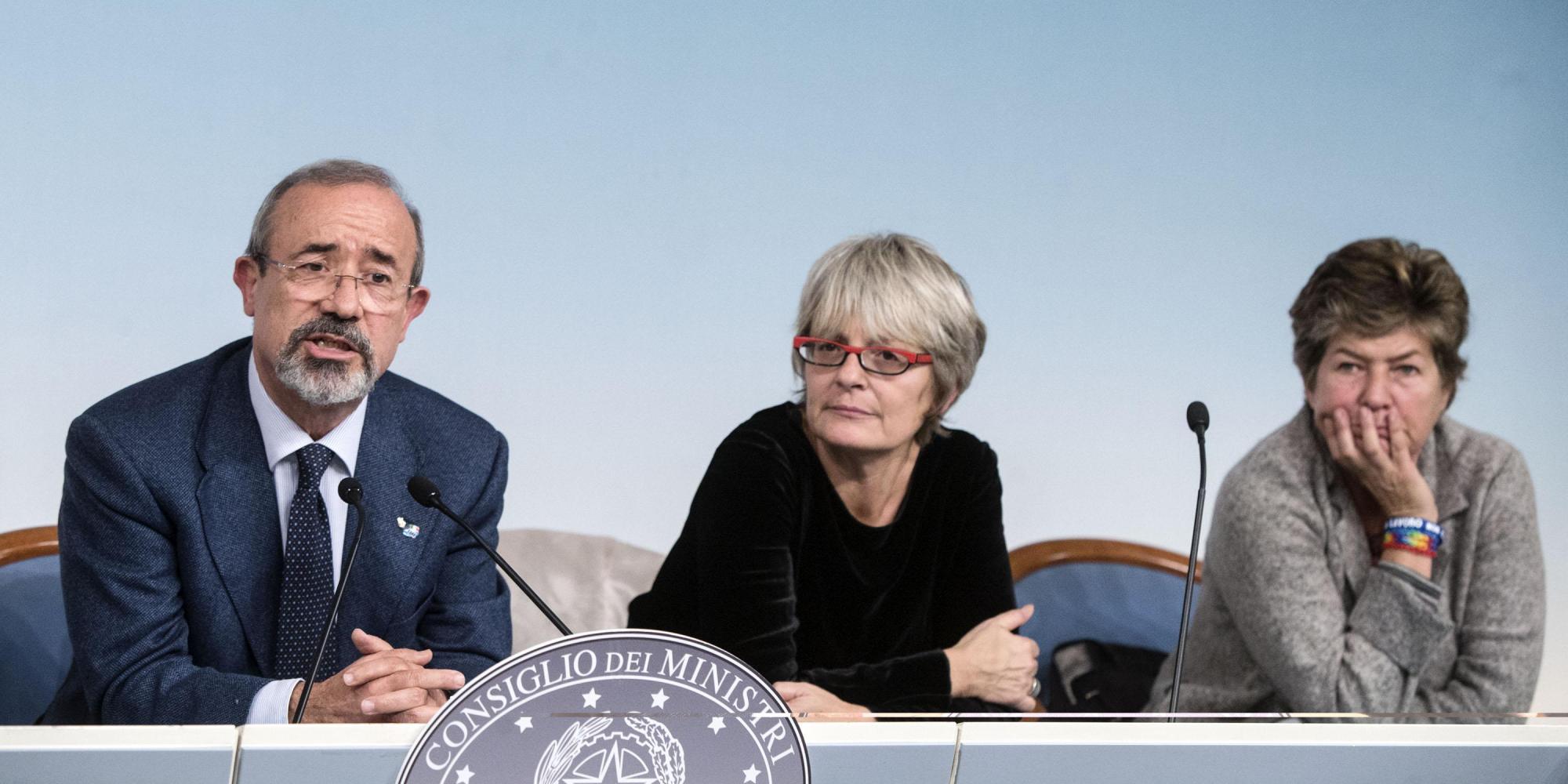La volontà di Renzi di privilegiare la contrattazione di secondo livello afferma l’idea di un mercato duale, con una minoranza che gode dei benefici della produttività e la maggioranza destinata a salari marginali
DI GUIDO IOCCA – 10/06/2015 – Rassegna.it

Words with a decidedly authoritarian aftertaste, which send the idea of a unitary union to hell with a single blow, dear in particular to the CGIL general secretary Susanna Camusso, resting for years on the solid foundations of an assumption that until yesterday seemed common sense, namely that pluralism among the confederations represents the best guarantee in support of democracy in the workplace.
And never mind if our Constitution, in article 39, says that the procedures governing the right to trade union association are free and it is not the prerogative of anyone to impose them (nor even less, relying on a position of power, to suggest them). What matters most is the political viability of the prime minister and his closest collaborators.
But how do you explain this heavy encroachment on the part of others by Matteo Renzi? What does his hyperactivism on the side of social reforms hide? The exit on the single union is only the latest in a long series of interferences - from the law on representation to the ventilated tightening on strikes in public services - which sound like an appeal addressed to trade union associations (all, even those defending the interests of businesses) to renew itself as soon as possible, but following a framework that the prime minister himself intends to make available to them.
And among the many ideas launched in recent times, in the viewfinder of the current tenant of Palazzo Chigi there seems to be, more than anything else, the transfer of the fundamental prerogatives of bargaining from the national one of the category to the corporate one, the paper on which he mainly intends to aim – supported by the authoritative points of view of Sergio Marchionne and, more recently, of Mario Draghi – to relaunch productivity in our country.
THE
An orientation, that of the Corso d'Italia trade union, branded – especially in circles close to the prime minister – as conservative, if not downright rigidly ideological. Are things really like this? Those who support him speak out of turn, demonstrating at least a fair amount of bad faith. One cannot pretend not to know that the practice of second-level bargaining is widespread only in a small part of the world of work. Ignoring it means re-proposing the idea of a dual market: on the one hand, a minority of workers who can aspire to the benefits of productivity and, on the other, the majority, destined for marginal wage conditions.
Related news: 2013 – The union loneliness of the isf. Storm over the new contract deemed "contra legem". The contractual downgrading to levels C1-C2 for the ISFs without specific experience and the new tasks assigned to the ISFs by art. 4 point 64, p. 27 of the CCNL in conflict with the law. For informants see p. 19 and 47 and 48: CCNL
Roberto Cecere, general secretary of Femca Cisl Latina: “… The real risk we see [for Scientific Representatives], in fact, is that we want to aim more and more towards a figure of 'seller of medicines', rather than that of a trained professional who supports doctors and their work”.
